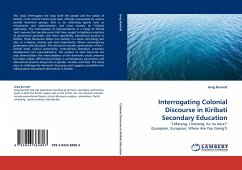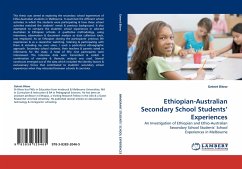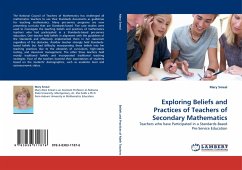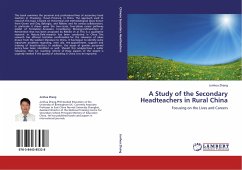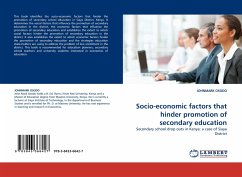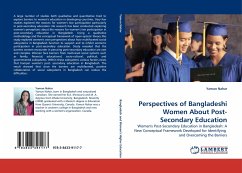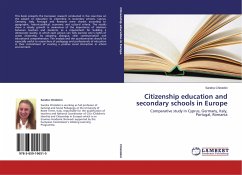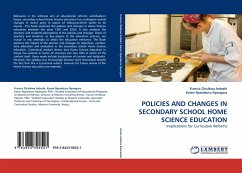This study interrogates the ways both the people and the nation of Kiribati in the Central Pacific have been officially represented by various socially dominant groups, that is, by colonising agents such as missionaries and administrators and more recently by I-Kiribati authorities. The interrogation of representations in a range of official 'texts' exposes five key discourses that have sought to legitimise practices of governance generally, and more specifically, educational practice in Kiribati. These discourses follow one another in a loose chronology but also, to a degree, overlap and most importantly, inform contemporary governance and education. The discourses include constructions of the I-Kiribati body, cultural authenticity, contradictory liberalism, economic development and universalisation. The analysis of each discourse not only demonstrates the interestedness of the dominant social presence but helps explain differential privilege in contemporary governance and educational practice along lines of gender, location and class. The study aims to challenge the dominant discourses and suggests possibilities for talking about educational alternatives in Kiribati.
Bitte wählen Sie Ihr Anliegen aus.
Rechnungen
Retourenschein anfordern
Bestellstatus
Storno

